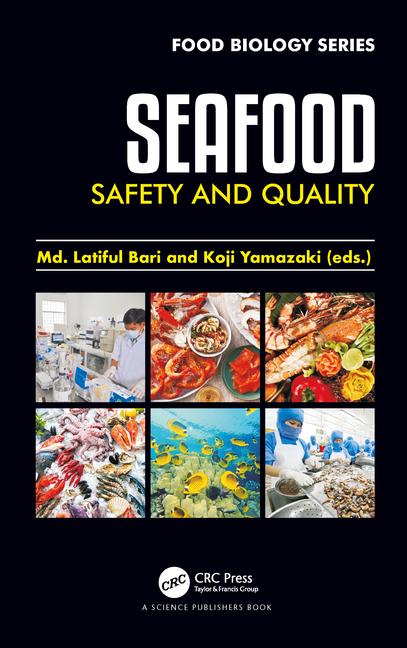Concerning Food Safety, Failure Is Not an Option
Somebody wiser than I am says that if you keep doing what you are doing, you will keep getting what you are getting. In this case, threats to our food supply are growing rather than the other way around.
We — those of us having anything to do with the food-production industry — keep beating the drum concerning food safety, reaching ever increasing decibels. Based on the increasing number of negative incidents, however, it seems that detractors and industry critics are eitherlouder or more rhythmic.
In these days of heavy scrutiny — indeed undercoversurveillance activities in processing plants — failing to comply with federal regulations, good manufacturing practices and humane treatment of workers and animals is simply not an option.
Moreover, failure on the part of USDA’s inspectors and veterinarians to carry out their duties is unacceptable, no matter that critics variously blame the situation on the government being under-funded and short-handed.
In the case of the latest monumental beef recallinvolving Hallmark Meat Packing Co. and Westland Meat Co., there is no shortage of culprits or perps at-large, using law-enforcement lingo. It is shameful that Westland allowed its operation to fall from grace in this manner, no matter the reason — especially in view of the fact that USDA honored the company as its “supplier of the year” for 2004-2005. Some things simply are not defensible. It is not enough to blame the whole thing on Hallmark, whose workers committed the offense either. Although the recall was an animal-welfare issue on its face, it also concerns food safety given the possibility that “downer cows” might be suspects for bovine spongiform encephalopathy (BSE). That being the case, experts advise that no downer cows be approved for slaughter.
The major issue is that this massive recall — 143 million pounds at last count — places the entire food industry in jeopardy while renewing concerns about the efficacy of the federal food-safety system and the entire industry’s commitment to delivering food to consumers that is safe to eat. For one thing, further processors other than Westland also found themselves behind the 8-ball because they used raw material that was under the recall.
Once again those on all sides of the issue jockey for a chance to place blame, lambaste or simply vent. Inspectors, both current and former, charge that thefederal food-safety program is weak due to the shortage of inspectors assigned to slaughter plants. USDA acknowledges the shortage but says the gap is closing and substitutes are placed to ensure that all plants are covered by an inspector.
Rep. Rosa L. DeLauro (D-Conn.), chair of the House subcommittee responsible for the USDA’s funding, sees stripping USDA of its responsibility for food safety as a solution, noting that mandates to promote the nation’s agriculture and monitor it for safety have become blurred. This may be worth the effort, but how would it work and what about funding?
This is reactionary politics. Laws governing animal handling and welfare are already on the books. Moreover, animal welfare experts — especially Temple Grandin, Ph.D., associate professor animal science at Colorado State University — have developed detailed strategies for handling livestock humanely. As Grandin has said, management of processing operations may stick to outdated philosophies and can come up with all kinds of reasons for not following animal-handling guidelines.
You can’t legislate attitudes, but you can regulate behavior. I wish we knew that this was an isolatedincident. But we don’t. What I do know is that all hands should get onboard to prevent such incidents. To that end, the time to evaluate systems and practicesthroughout the supply chain is now. Let’s identify ourweaknesses and fix them before a video camera again catches us unawares.







